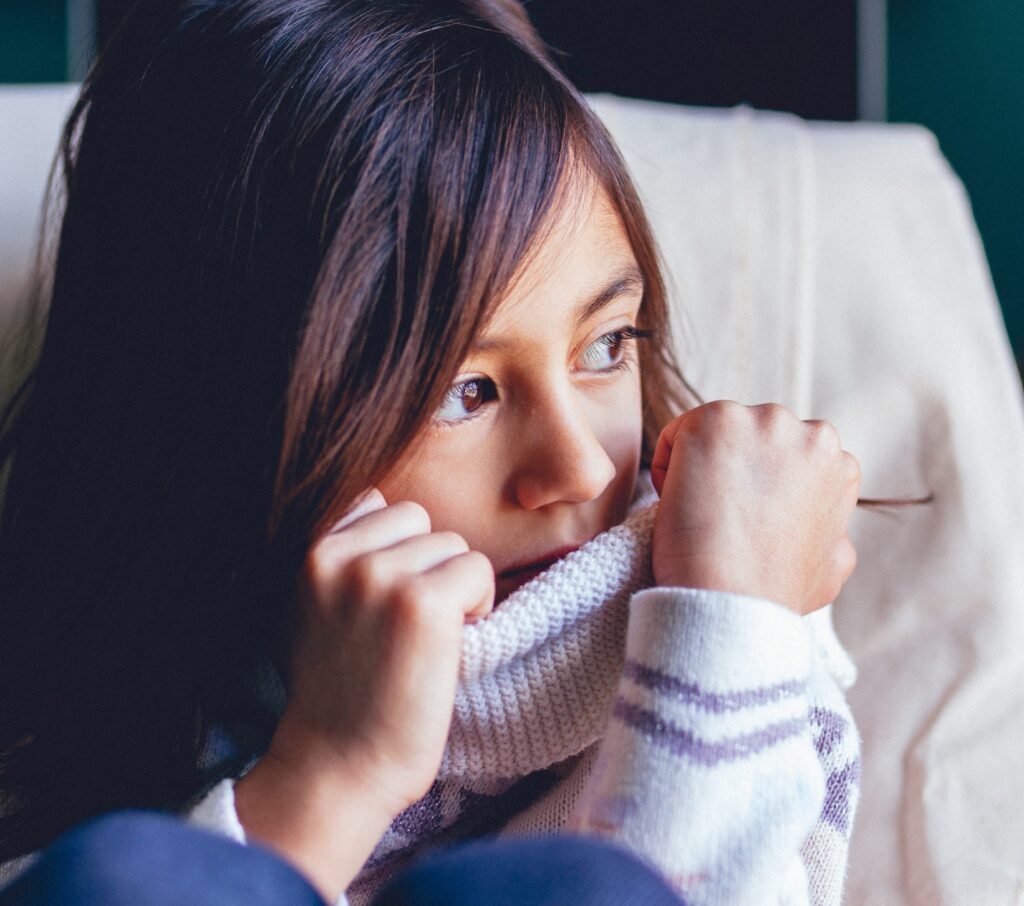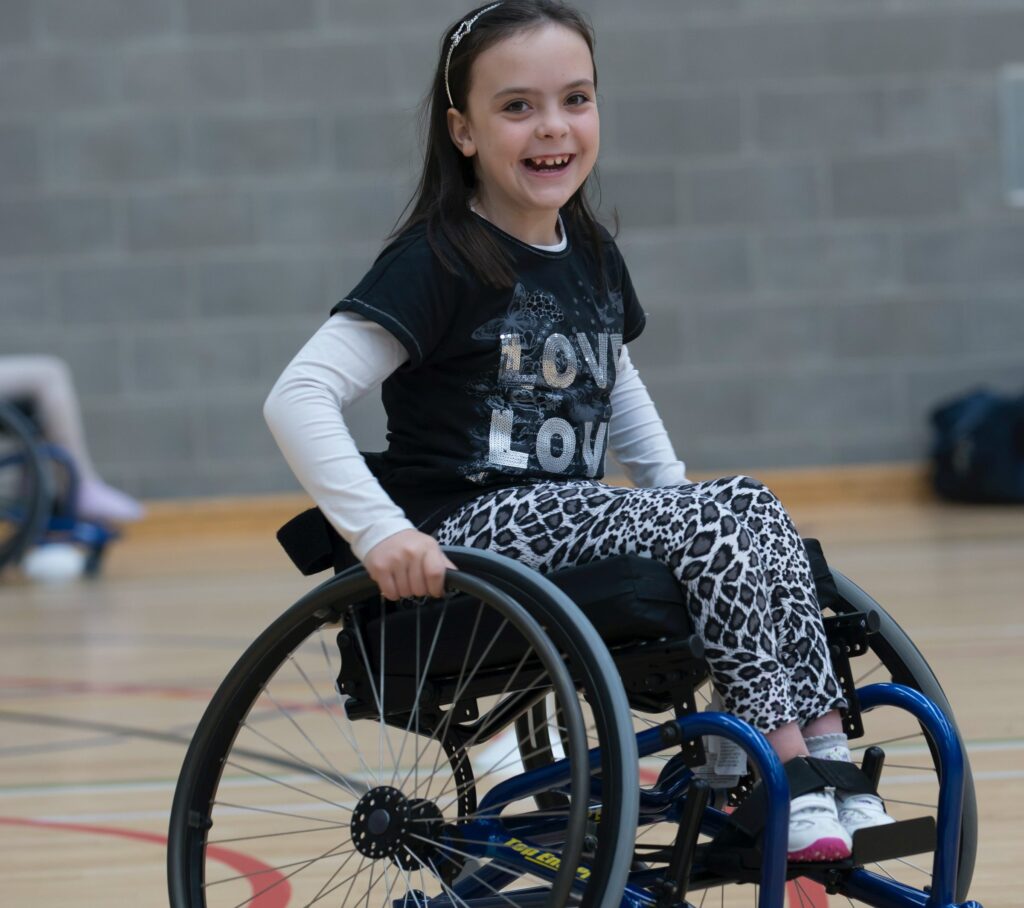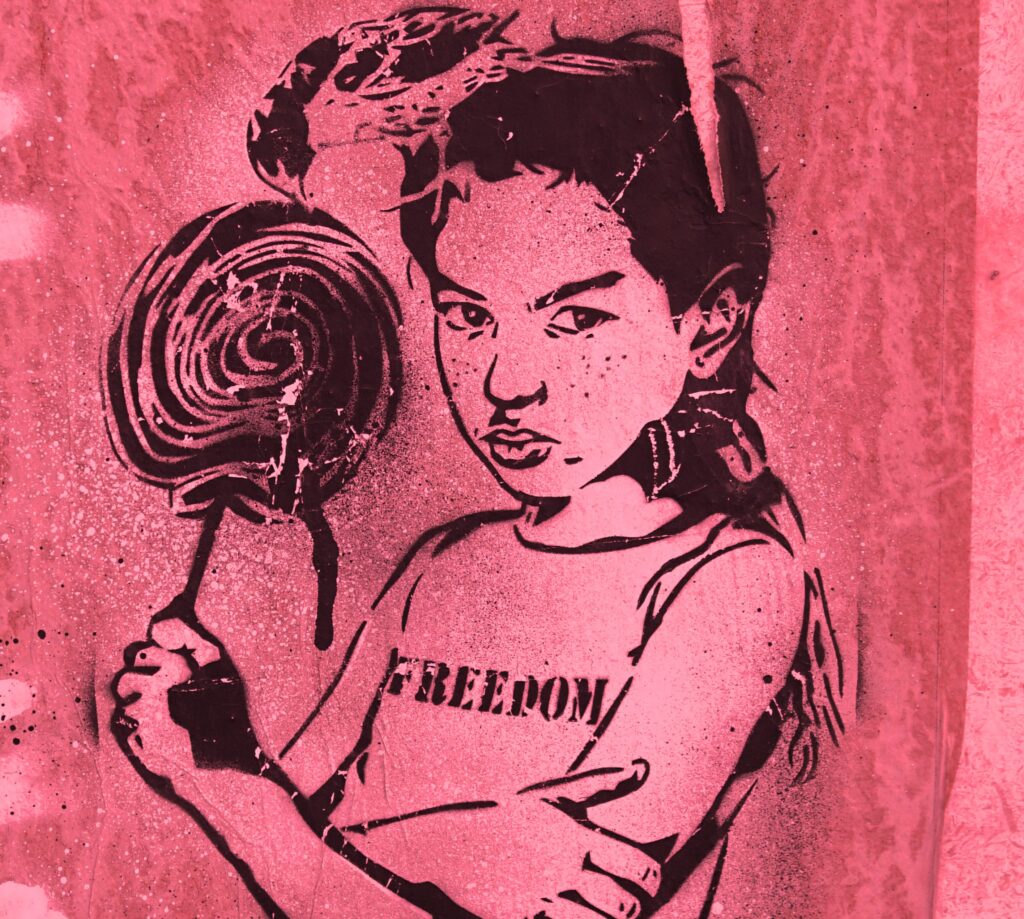
Cafcass was set up in 2001 to be the voice of children in family court cases, and to look after their welfare. It employs mainly experienced social workers as “family court advisers” who advise judges in most cases where there are disputes about children, provide advice and support to help the family court and families make decisions in the best interests of children.
The role of Cafcass in the family court should be to safeguard and promote the welfare of children, give advice to the court about any application made to it in cases about children.
I have noticed a concerning pattern for women I am supporting through the family courts and their dealings with CAFCASS. Women’s experiences and that of their children are consistently being minimized, not taken seriously and significant failings where safeguarding concerns are not understood or assessed appropriately. The co-parenting and pro-contact at all costs results in safeguarding letters and section 7 reports totally ignoring the realities for many women and children’s experience of coercive control, domestic abuse and post separation control. As a result many cases end in recommendations for consent orders, further mediation and CAFCASS officers closing cases down prematurely.

The Ministry Of Justice, in their report – “Assessing risk to of harm to Children and Parents in Private Law Family Cases” outlines a number of issues including the pro-contact culture, lack of resources and insufficient training. The report also assimilated the views of other professional bodies and associations. A great majority stated Cafcass officers were “not sufficiently trained to assess risk” in domestic abuse cases, adding that their court reports were “too brief and superficial, and did not adequately identify or respond to the effects of domestic abuse on the child.”
I would concur with this and suggest this is prevalent in their engagement with families.

The Report by the MOJ went on to outline why change is needed. It states…………. “Every day some of the most vulnerable people in our society come before the family courts, where difficult decisions are made in often highly emotive cases, and so it is crucial that the system is able to protect them from further harm and the risk of harm.
The legal framework set out in the Children Act 1989 requires the court to give paramount consideration to the welfare of the child. Despite this, the evidence submitted to the panel demonstrates continuing concerns around how the family court system recognises and responds to allegations of, and proven harm to children and victim parents in private law children proceedings.
Whilst the panel has identified some good practice and widespread good intentions from those working under increasing pressure within the family justice system, it has also unveiled deep-seated and systematic issues that were found to affect how risk to both children and adults is identified and managed.”

Navigating the family court process is stressful and in itself creates anxiety and trepidation. When you are responding to, or applying for a child arrangements order you require the system to be robust, alert, consistent, knowledgeable, trained and focused on the needs and welfare of all children.
If you would like support in dealing with CAFCASS and promoting your child’s welfare and interests throughout the court proceedings, please contact me for a free initial discussion.
Mary Cosker
Women’s McKenzie Friend